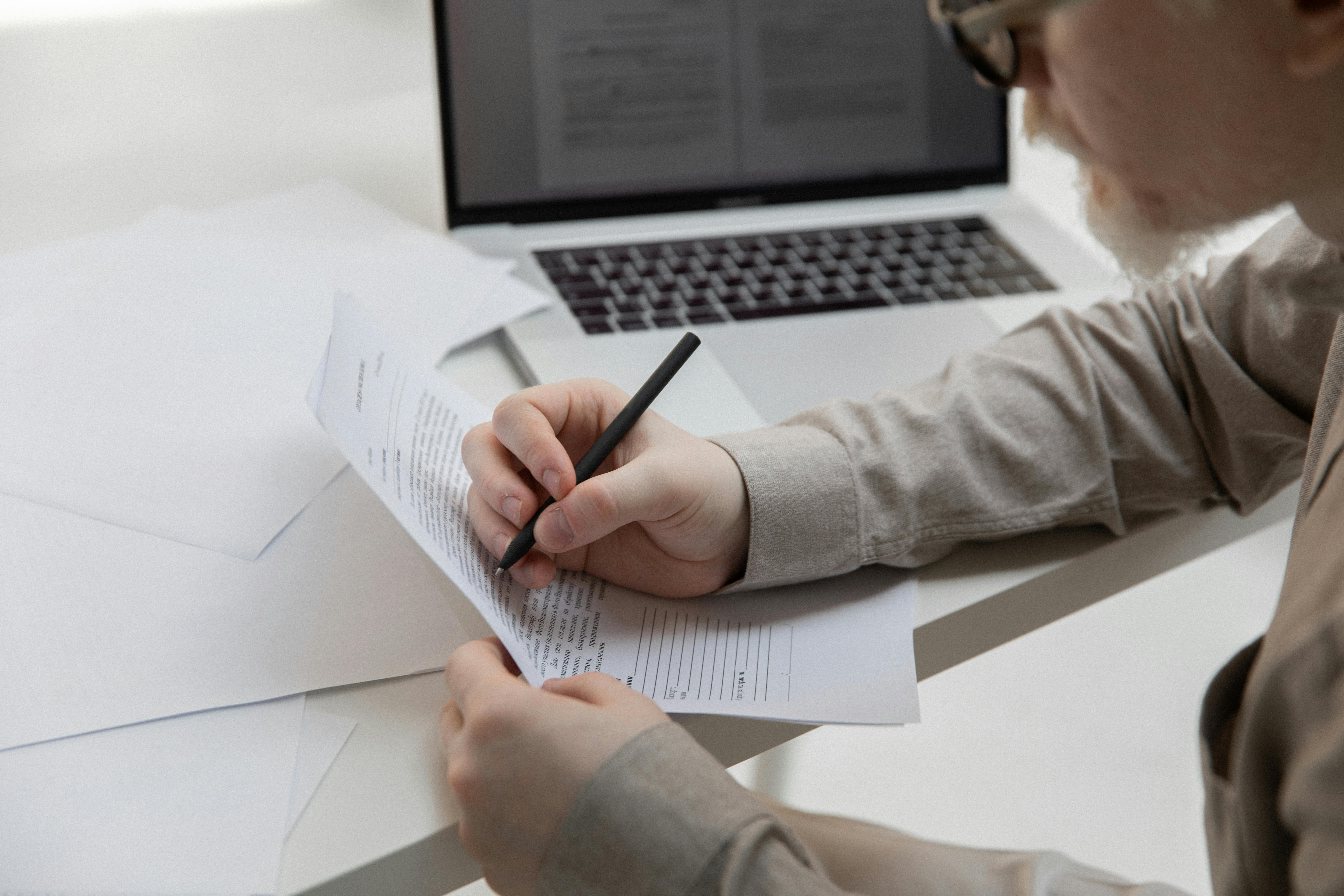
Audiobooks: The best way to enhance your trip (besides making it shorter)
admin
- 0
Audiobooks are one of the best ways to make up for a lot of lost time every day. I live in Washington, DC, where almost everyone I know has a one-way switch of at least 30 minutes, and if you tell someone your switch is less than an hour, they’ll usually say “Oh, that’s quite a bit.” Okay”. So if you multiply 30 minutes times two trips per day, times 5 days per week, times 48 weeks per year (assuming about 4 weeks for holidays and vacations), that’s 240 hours per year, or ten full days! Or you could also say thirty 8-hour business days, which is roughly the time you spend at work in a full month. If you’re not doing something productive like listening to audiobooks, that’s a huge amount of wasted time. Some people claim their night drive is when they wind down every day, but I also treat it as my chill time and still listen to some great books! It doesn’t take long to get used to listening to audiobooks on a regular basis, and you soon get to the point where you really want to listen to your book every morning and evening on the commute. Imagine that! We look forward to your trip! Say oh!
I was first exposed to the concept of listening to audiobooks on a regular basis while driving with my dad. Her commute to work is only six minutes one way, and yet she still listens to audiobooks almost every day because it’s such a worthwhile habit. It can take quite a while to read an audiobook if your change is only 6 minutes, but you’ll still get it done! Those 6 minutes add up.
I’ve been able to read so many books that I normally wouldn’t have had time to read otherwise because of audiobooks. I would say that over the last year I have probably read at least 20 audiobooks, with 4.5 hours in the car each work week. For example, I’m currently reading “Made to Stick” by Chip and Dan Heath. I’m also currently working on a presentation for a technical conference in a couple of weeks, and while driving home one day recently I heard something that helped my presentation exactly the way I wanted it to. They present a big idea: Ask a question that makes the audience curious about the answer at the beginning of the presentation, and then guide them through the journey to the final answer at the end. This is a powerful method for keeping the audience engaged and interested throughout the presentation, and after I used it in practice, several people noted that it was a good approach. This is the kind of serendipitous improvement in your life that audiobooks can bring on a regular basis.
Another great feature of listening to audiobooks instead of the radio is that you don’t waste hours of your life listening to commercials. In my opinion, radio commercials are among the most unpleasant things a person can hear, so by removing them from my life, I would estimate that I am about 23.5% less irritated with life in general.
Libraries are an incredible source of audiobooks. While they typically don’t have the best selection on the shelves, most libraries allow you to order a particular book online and hold it at the front desk for you to pick up when it arrives. At the same time, you might want to see what’s on the shelves, especially if you’re not too picky. I found some real gems picking up some books I found when I walked in. And it doesn’t cost you anything if you get a book you don’t like, just return it! There are also a plethora of books online, both free and free. There are also plenty of podcasts and other audio programs, which are great too, but I prefer audiobooks because of their higher quality (usually professionally edited and recorded) and deeper, more comprehensive content. But I still mix it with other audio content from time to time.
I also highly recommend copying audiobooks to your computer and putting them on an MP3 player of some sort (I use my old iPhone), keeping any copyright issues in mind before doing this, of course. That way, you’ll always have a queue of books to go when you finish one, or if you’re on a long trip and need several books. A single small MP3 player is much easier to transport and keep track of than all those CDs (or cassette tapes if you have an old cassette deck). If your car is older like mine and doesn’t have an audio port or CD player, you can use a tape adapter that converts the digital signal from an MP3 player’s headphone jack to a signal that your tape player can understand. It’s basically a plastic cassette with a dead cable that connects to your MP3 player.
Audiobooks are great for traveling when you want to do something but can’t read for some reason (for example, if you get seasick). Examples include air travel, bus travel, train travel, boating, etc. And they’re great for road trips—they make the hours fly by, especially if you’re listening to a really interesting book. Long drives are the best times to listen to fiction books, because they tend to hold and retain your attention better. It’s also nice to switch between audiobooks and music when you’re driving for long hours, as it gives you a nice change of pace on a regular basis. While I’m on the music tangent, I recommend using something like Pandora through your smartphone if you have one, to avoid excessive commercials (or no commercials if you have Pandora One).
One very important piece of advice that took me a while to figure out: don’t worry about catching every little thing as you listen. While you are driving, there will be events that will take all your attention away from the book and thus you will become completely disconnected from the book. This is perfectly fine, and this is why listening to audiobooks is so much safer than talking on the phone with someone, since you have the ability to completely ignore the book for an extended period of time if necessary. Most people feel like they can’t do this when talking to someone on the phone. This is true even with Bluetooth hands-free devices, because they have not been shown to significantly reduce accidents involving handheld phones. It’s the distraction of talking to someone who’s not in the car with you that makes it so dangerous, not the fact that you’re using one of your hands. In fact, I have found that listening to audiobooks has made me a SAFER driver. Why? Because I’m not as impatient to get to my destination anymore, and therefore I’m much less aggressive when I’m driving (although this could get me hit in Los Angeles).
Getting back to the content you missed: The vast majority of the time you’ll be able to pick up any critical information you missed as you hear more; this is even more the case with nonfiction books than fiction books. And even if you don’t, who cares? You’re not going to remember more than 90 percent of all the details in a particular book a few weeks after reading it, so if you miss a bit of information in a long book, it’s not a big deal. I tend to prefer nonfiction over fiction for audiobooks on my journey because they lend themselves better to listening to snippets at a time and are easier to pick up after not listening for an extended period of time (like the weekend or a trip, etc.)
And if you feel that the audiobook is too distracting while driving, I recommend turning it off for a while. I’ve also noticed that I don’t get as bothered by silence while driving since I started listening to audiobooks. It can be a nice rest, just having silence and your thoughts (although you still have all those crazy drivers around you). I also like to pause the book after listening to a particularly interesting passage in a book, to let my brain process what I just heard. I often use my new iPhone to verbally record ideas I have based on what I hear from the book. You have to use good judgment when doing this, obviously, because this can be quite distracting while driving, but sometimes I have to record something so badly that I record a note as soon as I can.
You may notice that you lose more turns when you start listening to audiobooks, especially in unfamiliar places. This is a small drawback compared to the relatively large gains provided by audiobooks, but easy enough to work around: just turn it off until you’re in a more familiar area or know you’ll be on a particular path for a while.
Now that you’re excited about the greatness of audiobooks, go to your library or go online and soon you’ll be pestering all your friends and family about how great audiobooks are.

